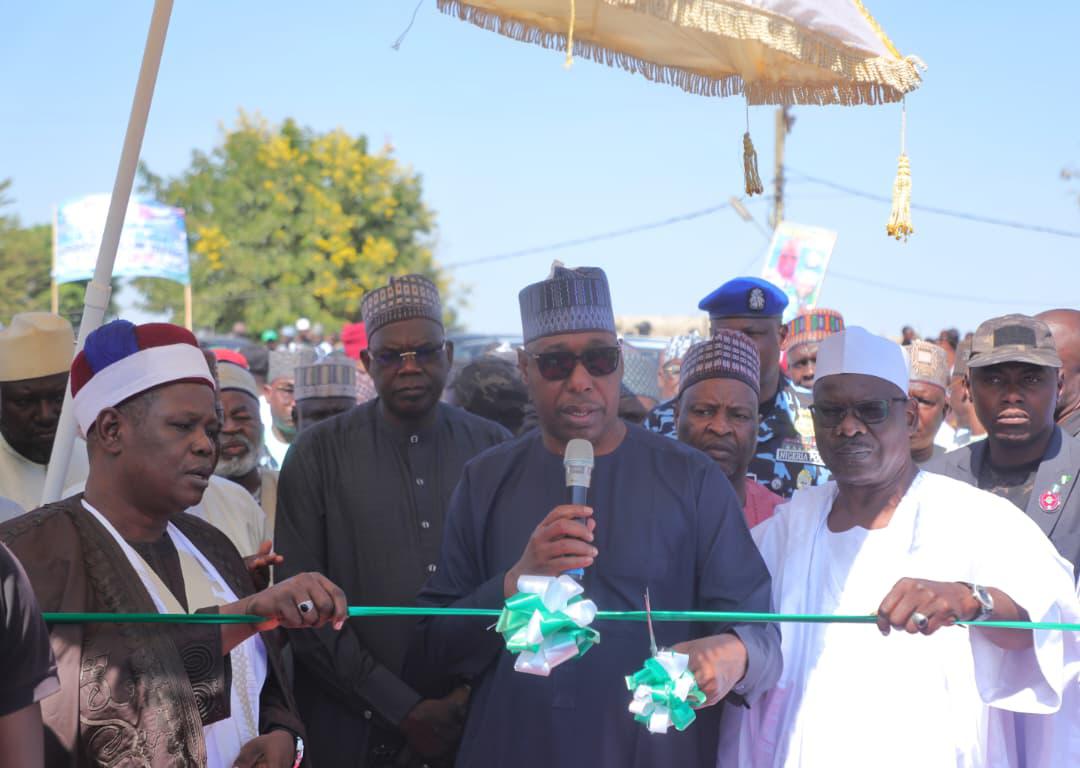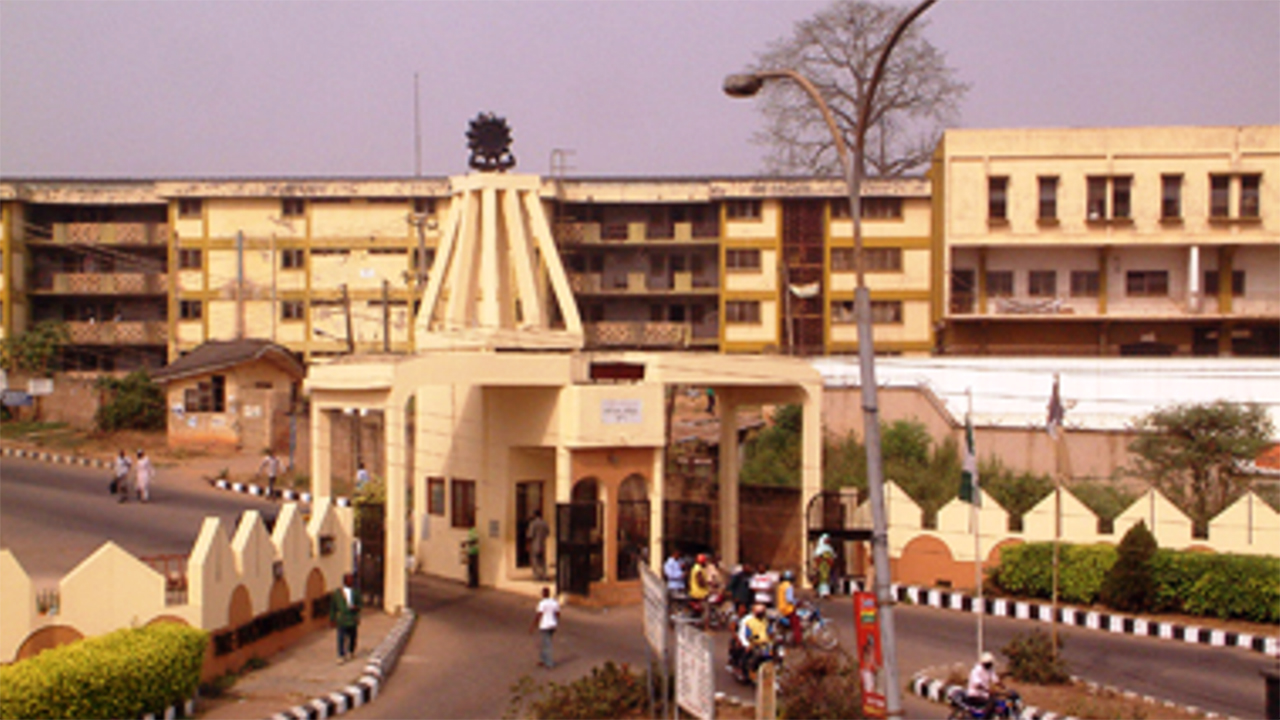The National Universities Commission (NUC) has approved the establishment of a full-time Bachelor of Medicine, Bachelor of Surgery (MBBS) programme at Mudiame University, Irrua, Edo State, marking a major milestone in the institution’s mission to bridge Nigeria’s critical gap in healthcare education and research.
In a letter addressed to the Vice-Chancellor, Prof. Emmanuel Osikhuemeh Aluyor, the NUC confirmed that a resource verification visit was successfully conducted by a panel of experts to assess the university’s human and material capacity to host the programme.
Following the inspection, the Commission granted approval for the full-time MBBS programme to commence from the 2025/2026 academic session at the university’s main campus. However, the approval does not cover part-time delivery, and any change in nomenclature or programme expansion will require prior approval from the Commission.
The NUC also urged Mudiame University to ensure adequate provision of qualified personnel and facilities to sustain the programme in line with national and global standards.
Reacting to the development, the Chancellor of Mudiame University, Prof. Sunny Eromosele, described the approval as a significant stride in the university’s mission to promote human sustainability through healthcare innovation, research, and capacity development.
“For years, students from this part of Edo State struggled to gain admission into medical schools. Existing institutions could not admit more candidates in Medicine or Nursing, forcing many to seek options in other states at great cost. Mudiame University is now bridging that gap,” Eromosele said.
He explained that the medical programme is not merely an academic expansion but a strategic intervention in Nigeria’s healthcare system aimed at developing the next generation of doctors, researchers, and public health experts.
“Without a healthy population, there can be no sustainable development. Health is wealth, and that principle underpins our investment in medical education,” he added.
Eromosele, an industrialist and technologist, said the university would leverage its strong technological foundation to develop an advanced model of medical education that integrates science, innovation, and research.
“Mudiame is drawing from its laboratory infrastructure and expertise in the oil and gas sector to build one of the most advanced medical research laboratories in the country. Our long-term goal is to become a leading centre for pharmaceutical research and drug development, producing locally made drugs for both domestic use and export,” he stated.
He also disclosed that the university has signed a Memorandum of Understanding (MoU) with the Irrua Specialist Teaching Hospital — a facility with over 30 years of clinical experience — to provide clinical training for students and foster joint research in disease control, health management, and medical innovation.
“Through this collaboration, we hope to conduct studies that will yield new medical procedures and solutions to emerging diseases. It’s about moving from theory to practical health impact,” he said.
With approval now secured, Mudiame University plans to admit its first cohort of medical students before the end of 2025. The institution is also investing heavily in medical infrastructure, international collaborations, and technological integration, including the introduction of telemedicine and biomedical technology in its curriculum.
Eromosele revealed that the university is engaging Indian partners to incorporate natural and alternative medicine models alongside orthodox medical training.
“Our vision is to make Mudiame University a medical tourism hub in Nigeria. We want to reduce the number of Nigerians travelling abroad for treatment by building capacity and facilities comparable to global standards,” he said.
By 2026, the university plans to launch a pharmaceutical programme to enable in-house drug research and production.
“We are not just teaching medicine; we are applying it. From telemedicine to biotechnology, our goal is to blend technology with human care,” Eromosele added.






